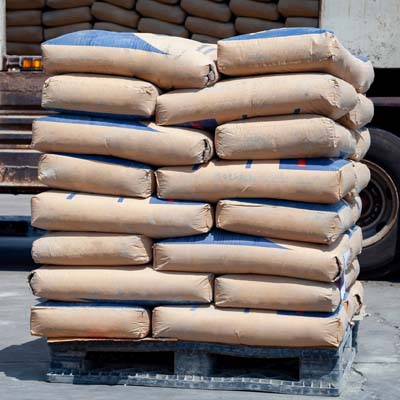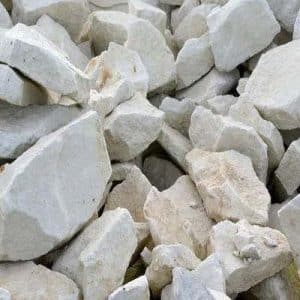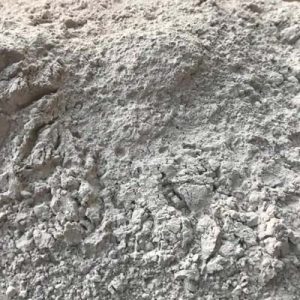Description
Cement from Vietnam: 90 PARTNER FACTORIES
- Production: Vietnam has a well-established cement industry with numerous cement plants and production facilities. The country has invested in modern production technologies to meet the growing demand for cement.
- Types: Vietnamese cement includes various types, such as Portland cement, Portland Pozzolana cement (PPC), and Portland slag cement (PSC), among others. The choice of cement type depends on the specific construction requirements.
- Quality: Vietnamese cement is known for its quality and consistency. It typically meets international standards and certifications, ensuring its reliability in construction projects.
- Exports: Vietnam is a major exporter of cement to international markets, including countries in Southeast Asia, Africa, and the Middle East. The country’s cement is often competitively priced, making it an attractive choice for construction projects.
- Sustainability: Many Vietnamese cement producers focus on sustainable practices and environmentally friendly production, including the use of alternative raw materials and renewable energy sources.
Clinker from Vietnam:
- Production: Vietnam is a significant producer of clinker, which is the primary raw material used in cement production. Clinker is produced through the heating of limestone and clay in a kiln.
- Quality: Vietnamese clinker is known for its quality and consistency, which is essential because it forms the basis for high-quality cement production.
- Exports: Vietnam exports clinker to international markets, where it is used as a key ingredient in cement manufacturing. Importers often choose Vietnamese clinker for its quality and competitive pricing.
- Sustainability: Sustainable practices, including energy efficiency and reduced emissions, are often emphasized in the production of clinker in Vietnam.
Cement and clinker from Vietnam are widely used in construction projects globally due to their quality, competitive pricing, and the country’s commitment to sustainability. Importers and buyers often consider the specific cement type, quality, and certifications, as well as the environmental standards and sustainability practices of the producers when making purchasing decisions.
Malaysia is also a notable producer and exporter of cement and clinker. Cement is a fundamental construction material, while clinker is a vital intermediate product in the manufacturing of cement. Here’s an overview of cement and clinker production in Malaysia:
Cement from Malaysia: 11 PARTNER FACTORIES
- Production: Malaysia has a well-established cement industry with multiple cement plants and production facilities. The country has invested in modern production technologies to meet the growing demand for cement.
- Types: Malaysian cement includes various types, such as Portland cement, Portland Pozzolana cement (PPC), and Portland slag cement (PSC), among others. The choice of cement type depends on the specific construction requirements.
- Quality: Malaysian cement is known for its quality and consistency. It typically meets international standards and certifications, ensuring its reliability in construction projects.
- Exports: Malaysia is an exporter of cement to international markets, particularly in Southeast Asia and the Middle East. Malaysian cement is often recognized for its quality and performance.
- Sustainability: Many Malaysian cement producers focus on sustainable practices and environmentally friendly production, including the use of alternative raw materials and renewable energy sources.
Clinker from Malaysia:
- Production: Malaysia is a significant producer of clinker, which is the primary raw material used in cement production. Clinker is produced through the heating of limestone and clay in a kiln.
- Quality: Malaysian clinker is known for its quality and consistency, making it a valuable ingredient for the production of high-quality cement.
- Exports: Malaysia exports clinker to international markets, where it is used as a key component in cement manufacturing. Importers often choose Malaysian clinker for its quality and competitive pricing.
- Sustainability: Sustainable practices, including energy efficiency and reduced emissions, are often emphasized in the production of clinker in Malaysia.
Both cement and clinker from Malaysia are used in construction projects worldwide due to their quality, competitive pricing, and the country’s commitment to sustainability. Importers and buyers often consider the specific cement type, quality, certifications, as well as the environmental standards and sustainability practices of the producers when making purchasing decisions.














Reviews
There are no reviews yet.